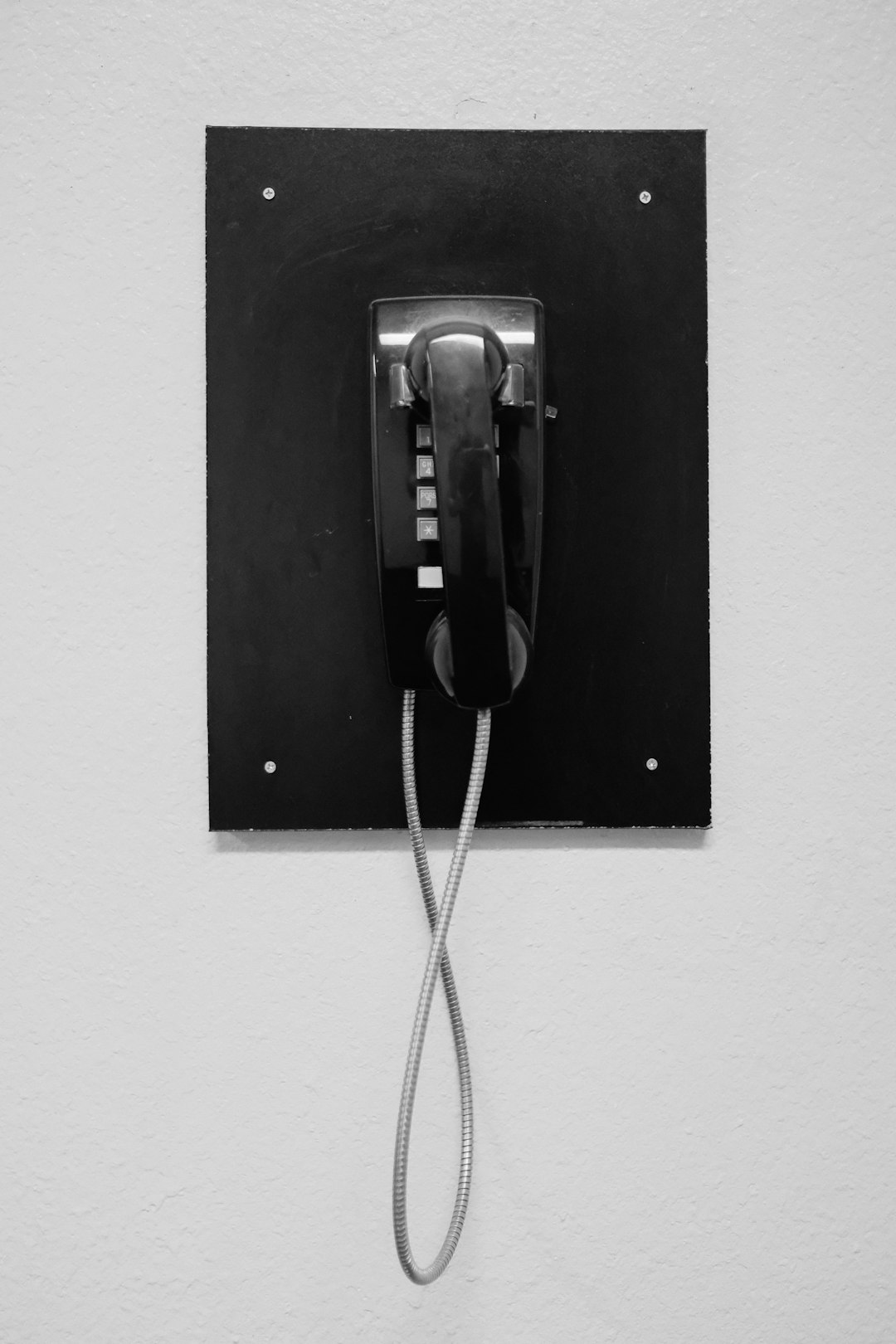Despite no state ban, spam calls are common in Maryland. Document caller details and interactions to report spam effectively. Note phone numbers, voice messages, dates, times, frequency, and screenshots. Save suspicious emails, texts, and documents securely. Report aggressive or persistent calls to law enforcement and state agencies. Engage a lawyer for spam call Maryland for aid and deter future spammers. Every reported incident contributes to reducing spam and protecting residents.
In Maryland, spam calls remain a persistent problem, but understanding how to report them effectively is key to combating this nuisance. This guide equips you with the knowledge to identify and document spam calls, gather evidence, and take decisive action by reporting them to the proper authorities. By following these steps, you contribute to a cleaner, less cluttered communication landscape. For expert assistance in navigating legal options against spam calls, consider consulting a lawyer specialized in this domain in Maryland.
Understanding Spam Calls in Maryland

Spam calls, also known as unwanted or unsolicited telephone marketing calls, are a common nuisance in Maryland and across the United States. These calls can be from various sources, including telemarketers, scammers, or even automated systems designed to blast out pre-recorded messages. In Maryland, where there is no state-level ban on all spam calls, residents often find themselves overwhelmed by these persistent and often deceptive calls.
Understanding the nature of spam calls is the first step in combating them effectively. If you’ve received a call that seems suspicious or unwanted, documenting the incident is crucial. Note down the caller’s phone number, the time and date of the call, and any details about the message or interaction. This information can prove valuable if you decide to report the spam call or seek legal advice from a lawyer for spam call Maryland. Such professionals can guide you through the process of filing a complaint with local authorities or regulatory bodies tasked with monitoring and enforcing telemarketing laws.
Documenting and Collecting Evidence

Documenting and collecting evidence is a crucial step in effectively reporting spam calls. When dealing with a suspected spam call, it’s important to record relevant information that can help identify and trace the source. Take note of the caller’s phone number, which should be displayed on your caller ID. If available, record any voice messages left by the caller, as these can provide valuable insights into their intent or identity. Additionally, keep a log of the dates, times, and frequency of such calls to establish a pattern.
You can also collect evidence in the form of screen recordings or screenshots if the spammer leaves an automated message or interacts with your device. Save any suspicious emails or text messages related to the calls for future reference. Consider saving all these documents securely, as they could be useful if you decide to involve a lawyer for spam call Maryland or if the authorities need them for their investigation.
Taking Action: Reporting to Authorities

If you’ve received a particularly persistent or aggressive spam call, it’s crucial to take action beyond simply blocking the number. Reporting these calls to the appropriate authorities is an essential step in combating spam and protecting yourself and your community. In Maryland, you have several options for reporting spam calls, including contacting local law enforcement and utilizing specialized services offered by state agencies.
One effective course of action is to involve a lawyer for spam call Maryland. Legal professionals specializing in consumer protection can guide you through the process and help ensure that your report is handled appropriately. They can also take further legal action if necessary, sending a strong message to potential spammers that their activities will not be tolerated. Don’t hesitate to reach out to these resources; every reported incident contributes to a larger effort to reduce spam calls and protect Maryland residents from unwanted harassment.






